Description
“Karl Heinrich Marx: A Biography of His Vision and Ideas” by Subrata Mukherjee and Sushila Ramaswamy is a comprehensive exploration of the life, work, and ideas of one of the most influential thinkers in human history. This biography delves into the fascinating journey of Karl Marx, the philosopher, economist, and political theorist whose ideas have shaped societies and continue to resonate in the modern world.
In this book, Mukherjee and Ramaswamy provide readers with a deep understanding of Marx’s life, beginning with his early years in Trier, Germany, and following his intellectual development, political activism, and personal struggles. The authors draw on a wide range of primary sources, including Marx’s writings, letters, and correspondence with contemporaries, to present a rich and nuanced portrayal of his life and ideas.
Through their meticulous research and insightful analysis, the authors shed light on Marx’s vision of a communist society, his critique of capitalism, and his exploration of historical materialism. They explore the context in which Marx developed his theories and examine the lasting impact of his ideas on political movements, economics, and social theory.
“Karl Heinrich Marx: A Biography of His Vision and Ideas” is an invaluable resource for anyone interested in understanding the life and philosophy of Karl Marx. It offers a balanced and in-depth exploration of Marx’s ideas, allowing readers to engage with the complexity of his thought and the historical circumstances that shaped it. Whether one is a student, scholar, or simply curious about Marx’s enduring legacy, this biography serves as an authoritative guide to his life and intellectual contributions.
In this biography, Mukherjee and Ramaswamy embark on a journey to unravel the life and ideas of Karl Marx, tracing his intellectual development and the socio-political climate that influenced his thought. They provide a comprehensive overview of Marx’s early years, his education at the University of Berlin, and his eventual emergence as a prominent figure in the socialist and communist movements of the 19th century.
The authors delve into Marx’s collaboration with Friedrich Engels, their joint works, and the ideological foundations they laid for the socialist and communist movements. They explore Marx’s seminal work, “Das Kapital,” and its significance in critiquing capitalism and proposing an alternative economic system. The biography also delves into Marx’s personal life, relationships, and struggles, shedding light on the complexities of his character and the challenges he faced.
Mukherjee and Ramaswamy navigate through the various stages of Marx’s life, highlighting his contributions to political theory, economics, and philosophy. They explore Marx’s theory of historical materialism, which posits that societal development is driven by the conflicts between social classes. The authors also examine Marx’s analysis of capitalism, its exploitative nature, and the inevitability of its collapse.
In addition to providing a chronological account of Marx’s life, the biography examines the enduring impact of his ideas on subsequent generations of thinkers and activists. It explores how Marx’s theories have influenced diverse fields such as sociology, economics, political science, and cultural studies. The authors also address the misinterpretations and misuses of Marx’s ideas, highlighting the need for a nuanced understanding of his work.
Mukherjee and Ramaswamy’s biography of Karl Marx is a remarkable achievement that thoroughly examines the life and ideas of this influential figure. The authors’ scholarship is evident throughout the book, as they draw on a wide array of primary sources to present a well-researched and nuanced portrayal of Marx’s life and thought.
One of the strengths of this biography is the authors’ ability to contextualize Marx’s ideas within the historical and intellectual climate of his time. They skillfully navigate through the complex web of political and philosophical debates of the 19th century, demonstrating how Marx’s ideas emerged as a response to the socio-economic conditions of the Industrial Revolution and the inequalities inherent in capitalism.
The authors also succeed in presenting Marx as a multidimensional figure, moving beyond the stereotypical depictions of him as a mere revolutionary. They delve into his personal life, highlighting his relationships, family dynamics, and struggles with poverty and ill health. By presenting the human side of Marx, the biography offers a more complete and relatable portrait of the man behind the ideas.
Mukherjee and Ramaswamy’s analysis of Marx’s theories is rigorous and accessible. They break down complex concepts into digestible explanations, making it easier for readers unfamiliar with Marx’s work to grasp the essence of his ideas. The authors also engage with the critiques and controversies surrounding Marx’s thought, acknowledging its limitations while emphasizing its enduring relevance.
In comparing “Karl Heinrich Marx: A Biography of His Vision and Ideas” to other biographies of Marx, Mukherjee and Ramaswamy’s work stands out for its comprehensive scope and meticulous research. Unlike some biographies that tend to focus primarily on Marx’s political activities, this biography delves deeply into his intellectual development, providing a more holistic understanding of his thought.
Another notable aspect of this biography is its attention to detail and inclusion of lesser-known aspects of Marx’s life. The authors draw on previously unpublished letters and correspondences, shedding new light on certain episodes in Marx’s life and enriching the narrative. This meticulous approach sets the book apart from others that rely solely on widely available information.
Furthermore, Mukherjee and Ramaswamy’s emphasis on the historical context of Marx’s ideas distinguishes their biography. They situate Marx within the broader intellectual movements of his time, exploring the influences that shaped his thinking and the debates in which he actively participated. This contextualization adds depth and complexity to the interpretation of Marx’s work.
Throughout the biography, Mukherjee and Ramaswamy explore several key themes that underpin Marx’s vision and ideas. They delve into the concept of historical materialism, emphasizing how Marx’s theory of class struggle and historical development provides a lens through which to analyze social change. The authors also highlight Marx’s critique of capitalism, pointing to its inherent contradictions and exploitative nature.
Another prominent theme that emerges from the biography is Marx’s commitment to social justice and equality. The authors demonstrate how Marx’s ideas were driven by a desire to alleviate the suffering of the working class and create a more equitable society. They discuss Marx’s belief in the emancipation of labour and his vision of a communist society free from class divisions.
Additionally, the biography explores the legacy of Marx’s ideas and their reception in different parts of the world. The authors examine how Marx’s theories were adapted and implemented in various political contexts, from the Soviet Union to China and beyond. They also address the criticisms and misinterpretations of Marx’s ideas, underscoring the importance of nuanced engagement with his work.
“Karl Heinrich Marx: A Biography of His Vision and Ideas” not only focuses on Karl Marx but also delves into the lives of the individuals who played significant roles in his life. Mukherjee and Ramaswamy provide detailed insights into the relationships between Marx and his family, friends, and political associates.
The biography presents Marx as a complex character, deeply committed to his ideas but also plagued by personal challenges. The authors explore his close collaboration with Friedrich Engels, highlighting the intellectual synergy and mutual support between the two thinkers. They also delve into Marx’s relationship with his wife, Jenny von Westphalen, and the impact of their partnership on his work.
Mukherjee and Ramaswamy offer glimpses into the personalities of other key figures in Marx’s life, such as Engels, Pierre-Joseph Proudhon, and Mikhail Bakunin. They examine the intellectual and ideological clashes between Marx and these individuals, shedding light on the multifaceted nature of the debates within the socialist and communist movements of the time.
About the Authors:
Subrata Mukherjee and Sushila Ramaswamy, the co-authors of “Karl Heinrich Marx: A Biography of His Vision and Ideas,” are renowned scholars in the field of political theory and social history. Mukherjee has written extensively on Marxism, political philosophy, and Indian political thought, while Ramaswamy specializes in the history of ideas and intellectual history.
Both authors bring their expertise to bear in this biography, combining rigorous research with a nuanced understanding of Marx’s ideas. Their collaboration ensures a comprehensive and balanced exploration of Marx’s life and thoughts, providing readers with a reliable and authoritative resource.
Mukherjee and Ramaswamy’s writing style is clear, engaging, and accessible to both scholars and general readers. They strike a balance between academic rigour and readability, making complex concepts and historical contexts understandable without oversimplifying them.
The authors employ a narrative approach, weaving together historical events, personal anecdotes, and intellectual developments to create a compelling story of Marx’s life. They skillfully integrate primary sources, including Marx’s writings and correspondence, allowing readers to hear Marx’s voice and gain insights into his thought process.
Furthermore, the biography is well-structured, with each chapter building upon the previous one, providing a cohesive and logical progression of Marx’s life and ideas. The authors also include helpful summaries and explanations, ensuring readers can easily follow the narrative and understand the key concepts discussed.
What People Say About This Book:
“Karl Heinrich Marx: A Biography of His Vision and Ideas” has garnered widespread praise for its thoroughness, scholarship, and accessibility. Scholars and readers alike have lauded the authors’ meticulous research, which draws on a wealth of primary sources to provide a comprehensive account of Marx’s life.
Reviewers appreciate the balanced approach taken by Mukherjee and Ramaswamy, as they acknowledge both the strengths and limitations of Marx’s ideas. The biography has been commended for its ability to engage readers with complex theories while maintaining a clear and engaging writing style.
Many readers also appreciate the authors’ contextualization of Marx’s ideas within the broader socio-political climate of the 19th century. The biography is lauded for its exploration of the influences that shaped Marx’s thought and how his ideas have shaped subsequent generations of thinkers.
- Thorough research and comprehensive exploration of Marx’s life and ideas.
- Balanced approach, acknowledging strengths and limitations of Marx’s theories.
- Clear and engaging writing style, making complex concepts accessible.
- Effective contextualization of Marx’s ideas within the historical and intellectual climate.
- Inclusion of lesser-known aspects of Marx’s life, adding depth to the narrative.


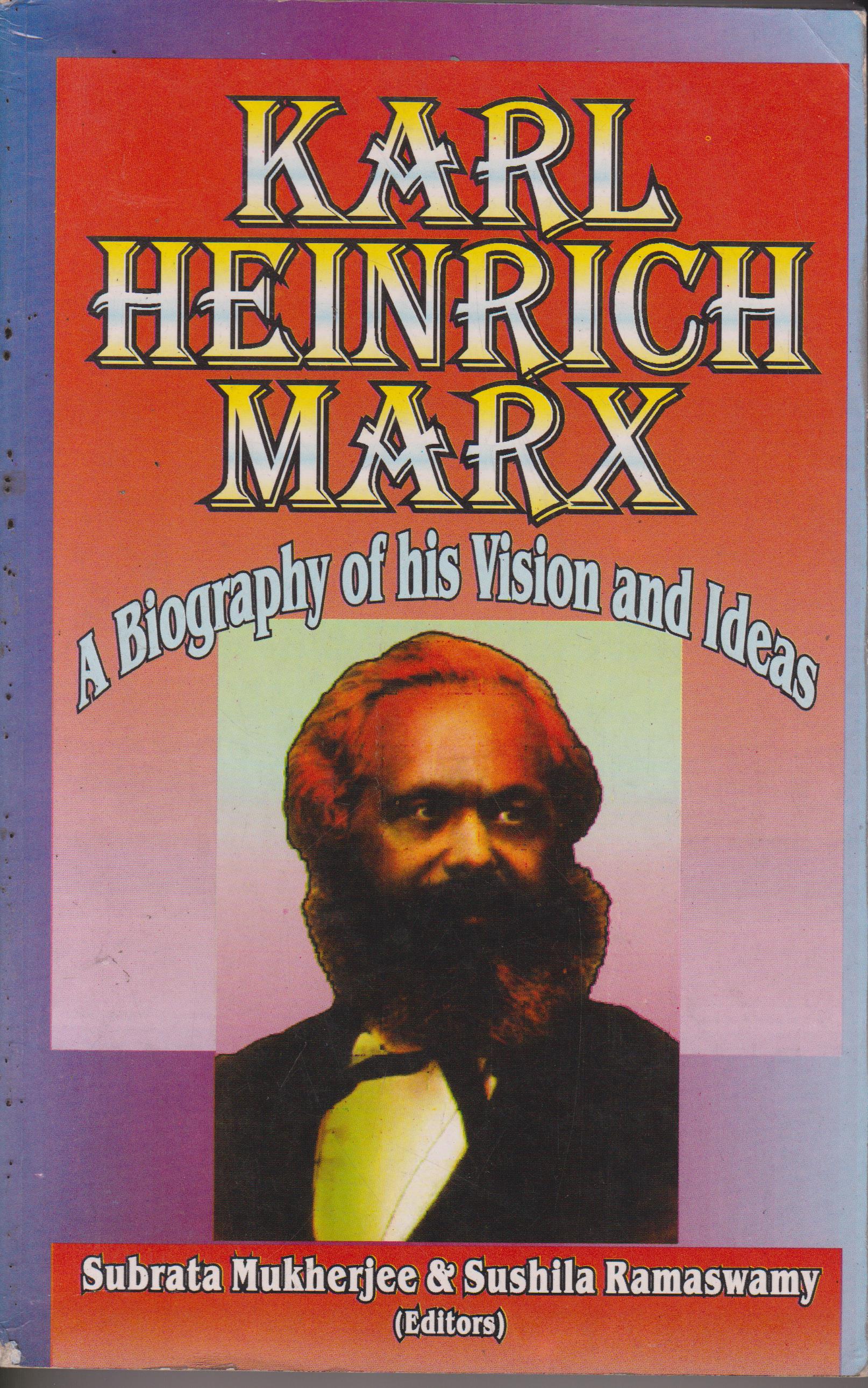
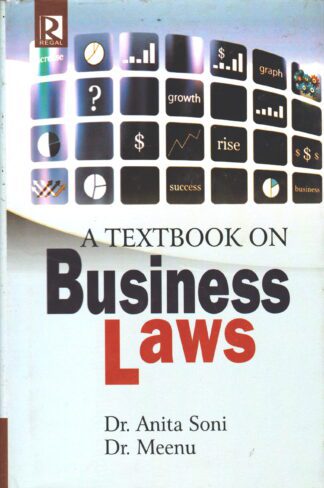
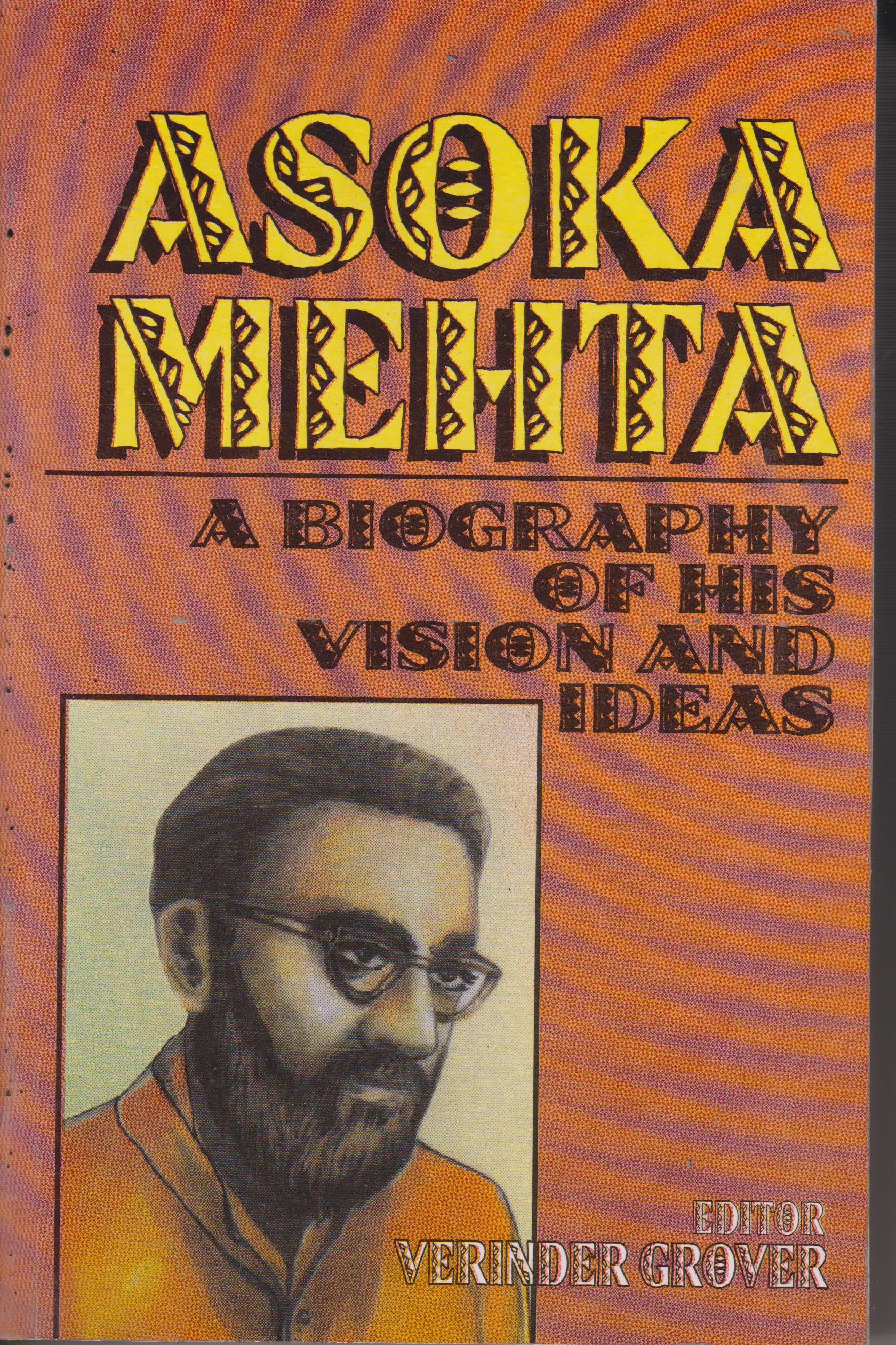

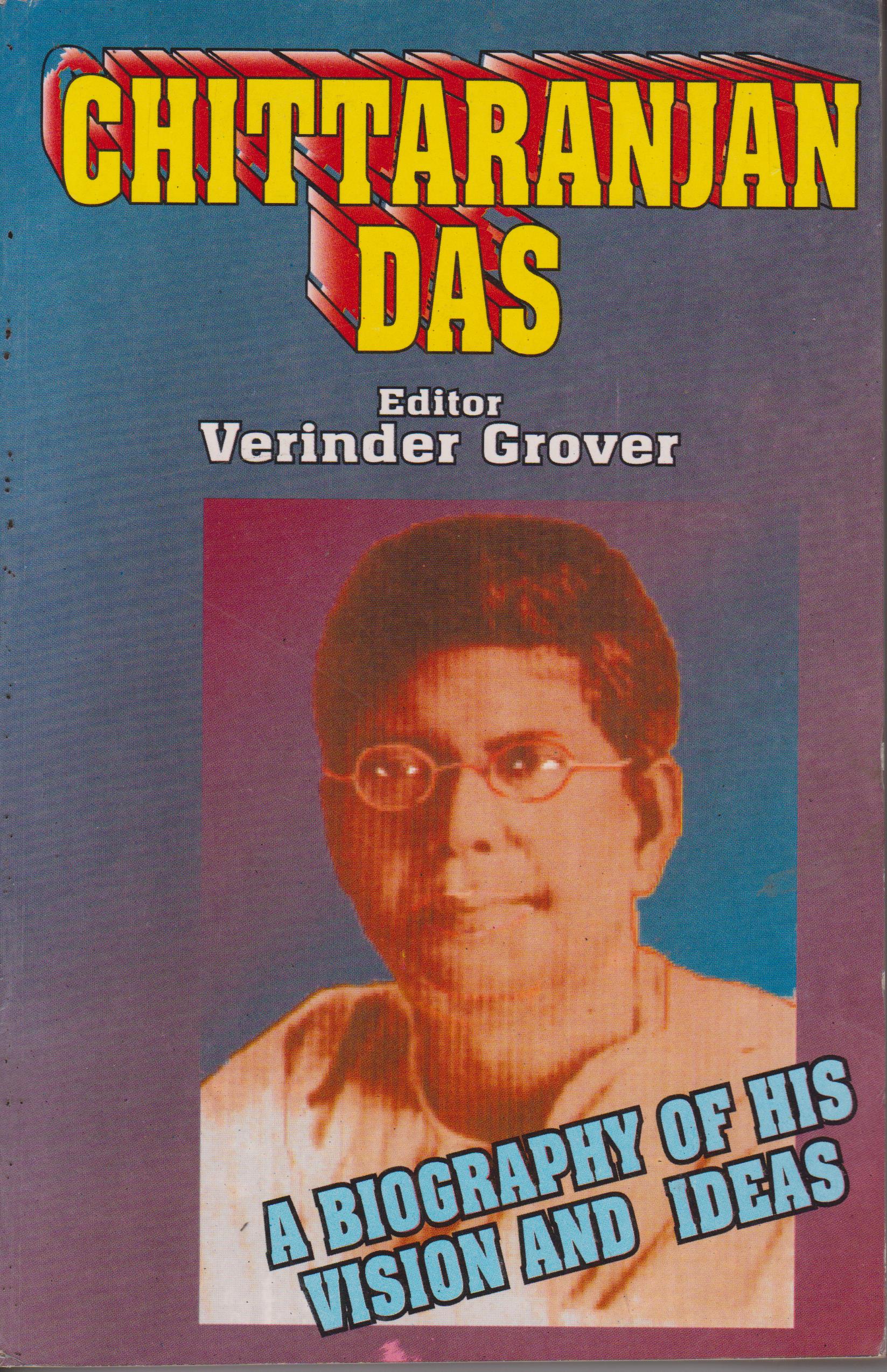
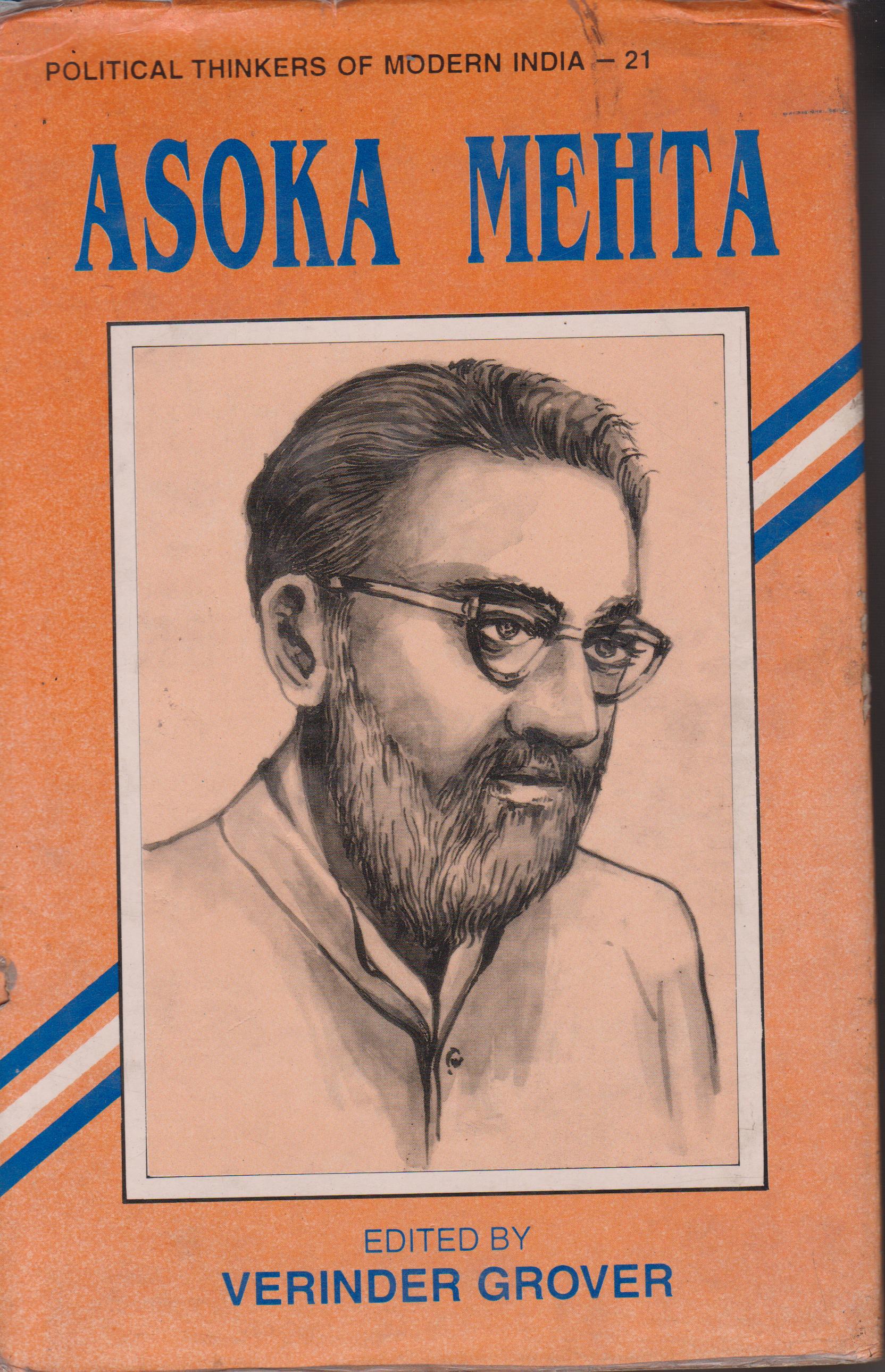
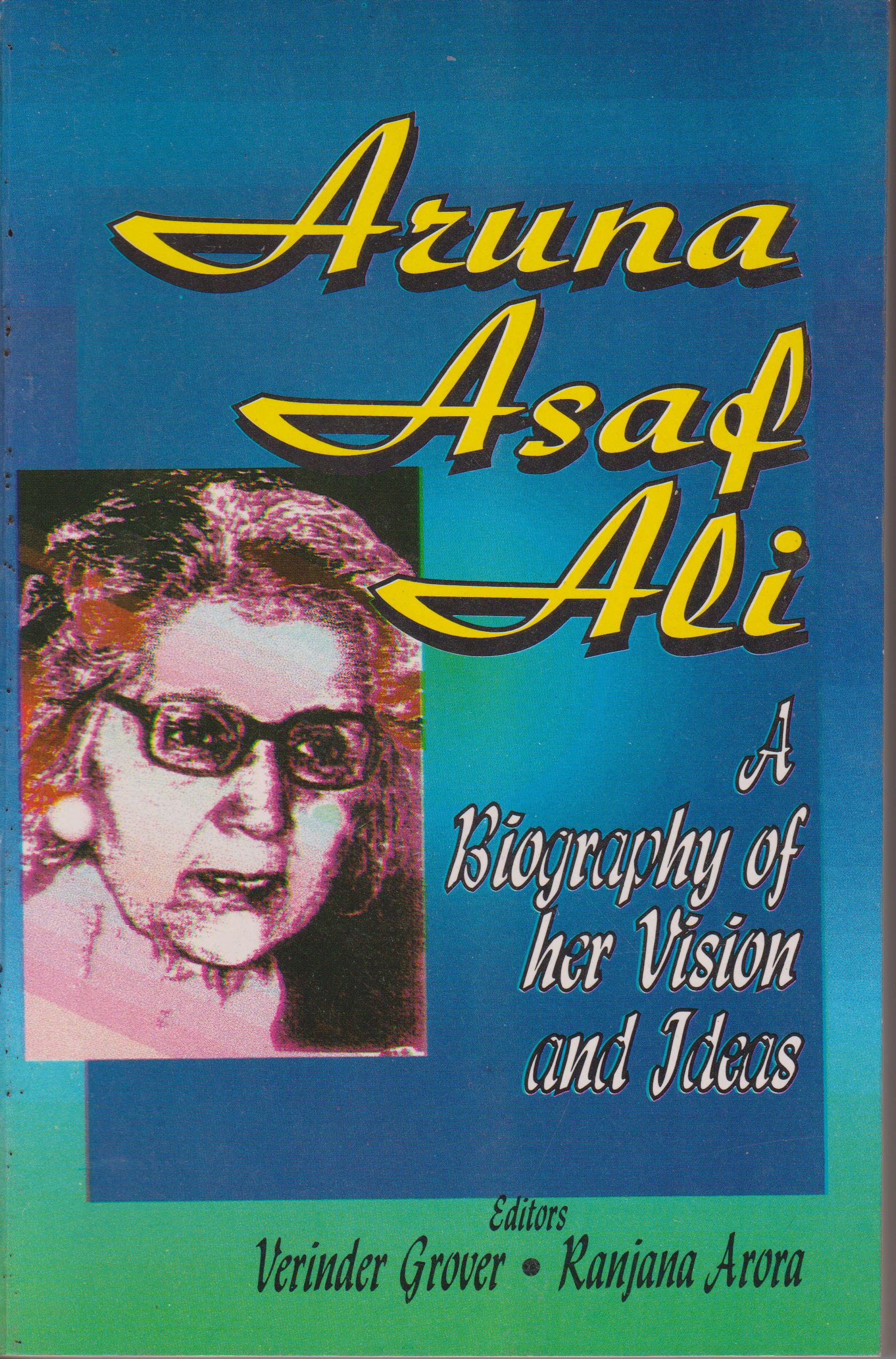
Reviews
There are no reviews yet.